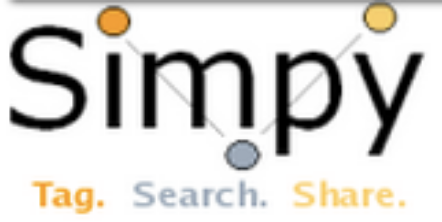TextMate update
A new “bleeding edge” version of TextMate appeared this evening, featuring extensive improvements to the bundle infrastructure. (If you’re not sure what this means, read my earlier post on how bundles are the heart of TextMate’s stupendousness.) Allan Oddgaard has put a lot of thought into the balance between distributed bundles and user customizations, and has developed some really elegant solutions that allow you to benefit from improvements in the bundles (some of which move at a rapid clip thanks to motivated community developers) while retaining your specific customizations.



